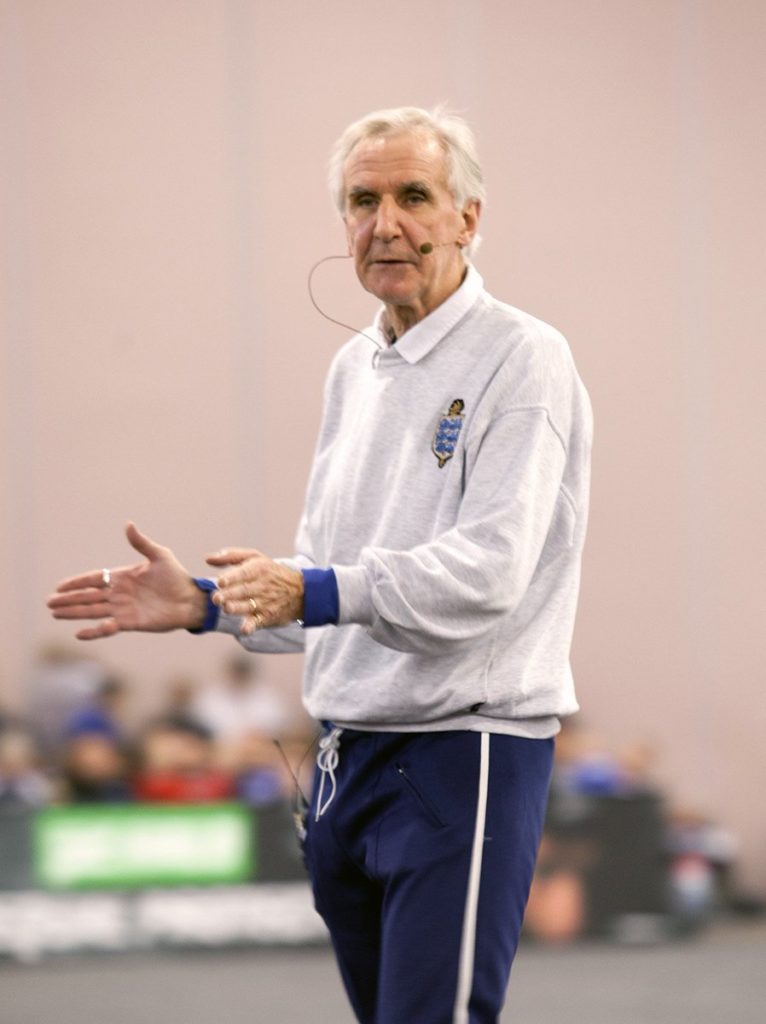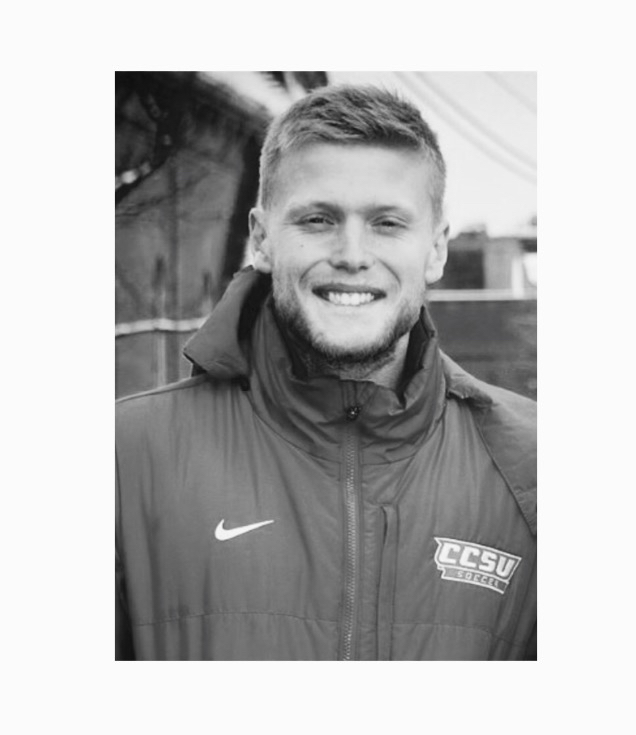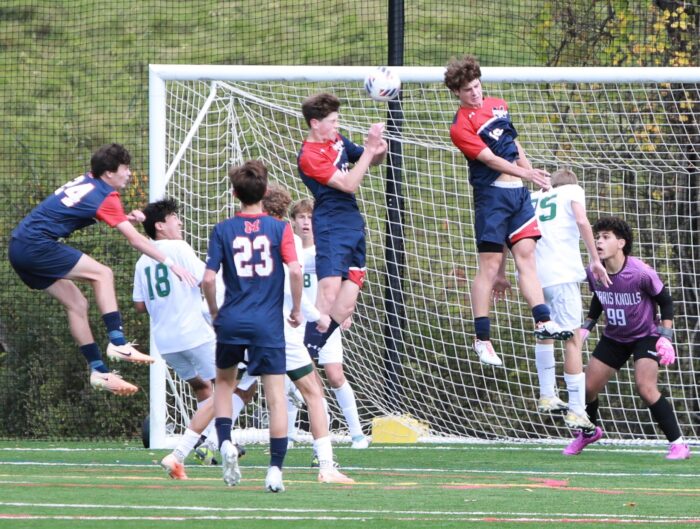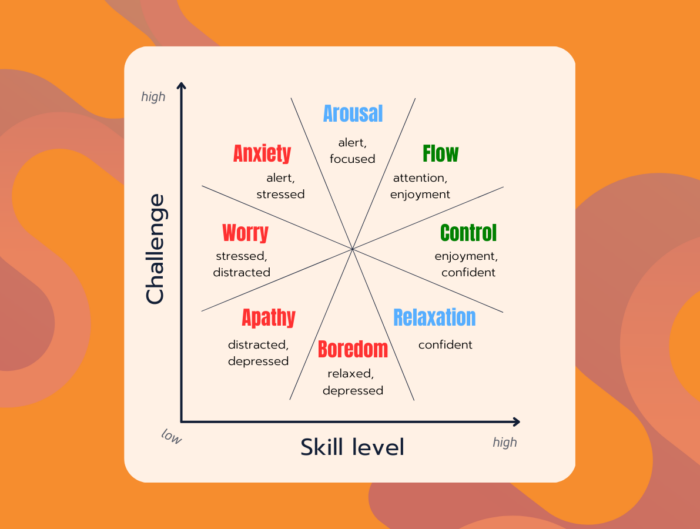I was going back recently through some old notes I had taken at my second United Soccer Coaches National Convention. In there was a page on a presentation given by the man many considered to be the finest ever coach educator, the late great Mr. Dick Bate. Across the many scribbles that caught my eye, one in particular stood out,
“Coaches should be able to define three things they value that can be seen in each of their sessions”

An interesting idea. One very much in line with the emphasis placed upon personal development and discussions around understanding one’s leadership style. Something witnessed so heavily on the current USSF coaching education pathway.
It is also one that resonates so heavily with me considering the amount of people within our industry that say one thing and do another within their practices. This is one of the major reasons why I feel so strongly about the need for greater levels of accountability within our profession.
To everyone though I ask you this question. How many times have you come across a coach who says they believe in the game belonging to the players, only to micromanage every decision within a session? Or that practice should be about “play” and that they certainly were not “one of those coaches” who wanted to regularly step in to a practice. What follows is that almost exasperated roll of the eyes before the opposite is witnessed, here we go again.
For this reason, I say let’s embrace the challenge of proving every day and every practice that the values you claim to exist are in fact evidenced within your delivery.
The virtue of some technology is in providing coaches with an immediate opportunity to gain feedback on action. Removing the subjectivity surrounding one’s practice delivery offers a fascinating opportunity for honest, humble reflection, and self-development.
In an age where we are constantly demanding our players do more away from formal practice and game environments to make themselves better, it seems hypocritical for coaches to avoid doing exactly the same thing.
Having, but refusing the opportunity to utilize objective insight for the purpose of self-improvement belies the type of “we are in this together” mentality you would hope to see witnessed from any team player. It certainly embellishes the idea of the coach being a role model for desired actions and cultural norms they claim to want to exist within their training environments.
My challenge then is this. Own who you are and what you do. Nobody is perfect and by very definition of being human, we are going to have good days and bad days. But embrace the challenge of developing. Embrace the chaotic, sometimes crazy and potentially humbling process of learning and commit to doing everything in your power to be the best coach possible for your players.
If you say you believe in the use of games, of designing an environment within which the players are the ones solving problems, that high intensity player led sessions are what you value, that including and involving all players throughout the session matters to you – find a way of proving it.
Inattentional blindness is clearly an unintended but very real problem within our profession. Until you have the opportunity to truly check whether what you wanted to do versus what you really did are the same, maybe you will be guilty of just talking the talk but not walking the walk.
If you are interested in talking more or discussing how you could utilize technology within your own environment, reach out. @t0m_shields / tom@beyondpulse.com

 FRA
FRA































